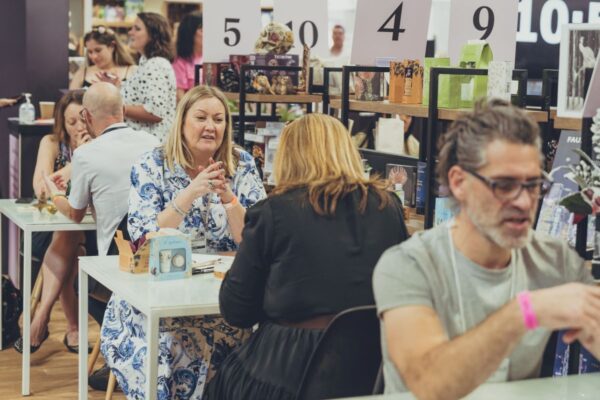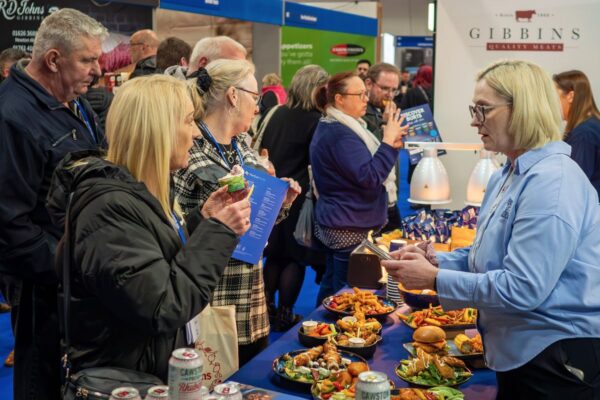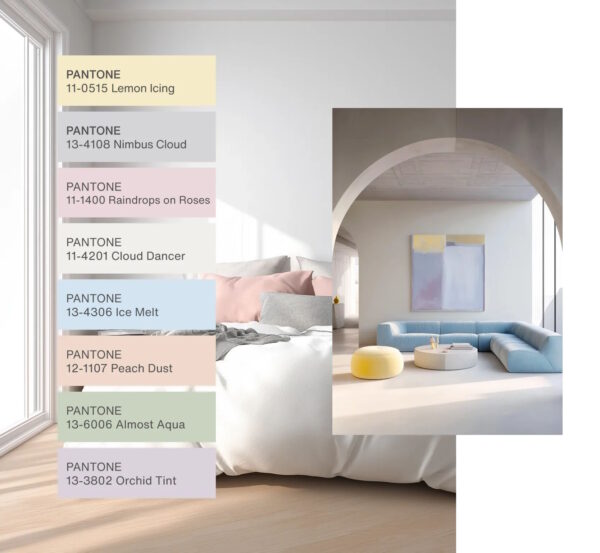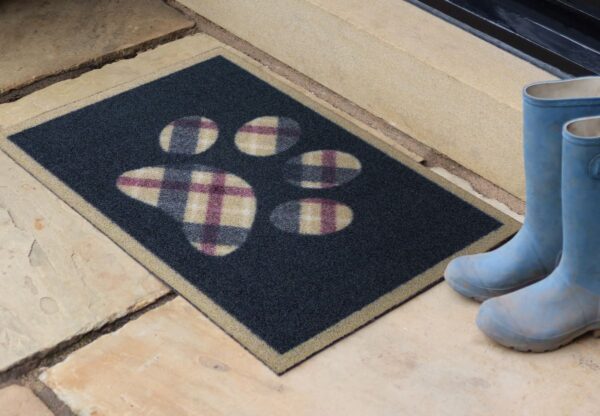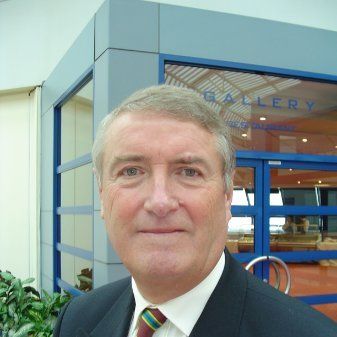 Alan Monahan writes: Retail and consumer goods industries will change more in the next 10 years than they have over the past 40, with traditional stores undergoing a metamorphous to stay relevant as online purchases in most categories grow.
Alan Monahan writes: Retail and consumer goods industries will change more in the next 10 years than they have over the past 40, with traditional stores undergoing a metamorphous to stay relevant as online purchases in most categories grow.
But you may be comforted to hear that despite the continued increase in digital commerce, the physical store will continue to be the largest revenue producing channel for retailers until at least 2026, according to Accenture Strategy.
Another report reveals that consumers would like to see more bricks and mortar retailers in their local area. That’s ironic, considering that these are the very people who are contributing to their demise by buying more and more products online.
The 2017 Community Barometer has revealed that Post Offices and convenience stores are the nation’s favourite high street shops and services for the third year running.
The Association of Convenience Stores survey shows that apart from more non-food shops, people also want their banks back – that’s never going to happen! – and specialist food stores. However, in the face of high business rates, increasing wage bills and local car parking charges, I can’t see the picture changing.
 Apparently, the cost of parking is a top priority of consumers, but is much lower on the list of concerens for councillors who are keener to invest in public transport and shopping areas, and gain control over planning regulations.
Apparently, the cost of parking is a top priority of consumers, but is much lower on the list of concerens for councillors who are keener to invest in public transport and shopping areas, and gain control over planning regulations.
As well as lobbying MPs, the Federation of Small Businesses is campaigning for local authorities to address high parking charges. It is seeking parking strategies to be long-term and inclusive with the aim of promoting local economic growth.
Citing evidence that three Scottish councils are generating tens of millions of pounds of revenue from parking, even after subtracting their costs, it has called on the Scottish Government to step in, arguing that if shoppers cannot access affordable and accessible parking they’re more likely to go online or visit an out-of-town mall.
“Two-thirds of working families have a car – we need to design our local places with these people in mind,” says the FSB’s Andy Willox. Is he right? A counter argument is that we should all see the bigger picture and not add to the problem of air pollution by encouraging shoppers to use their own vehicles.
 Fuelled by increases as a result of the 2017 revaluation, the reduction of business rates is the top priority for retailers. However, based on previous inactivity I have little faith that anything will be done.
Fuelled by increases as a result of the 2017 revaluation, the reduction of business rates is the top priority for retailers. However, based on previous inactivity I have little faith that anything will be done.
Indeed, it is reported that the government’s Valuation Office Agency, which is responsible for dealing with business rates appeals, has had to draft in emergency help after small business owners complained that its online service wasn’t fit for purpose. Mike Cherry, FSB national chairman, has described the “check, challenge, appeal” portal as “a total shambles”.
But who will pay the price for this cock-up? You can be sure that it won’t be the people who designed it!






